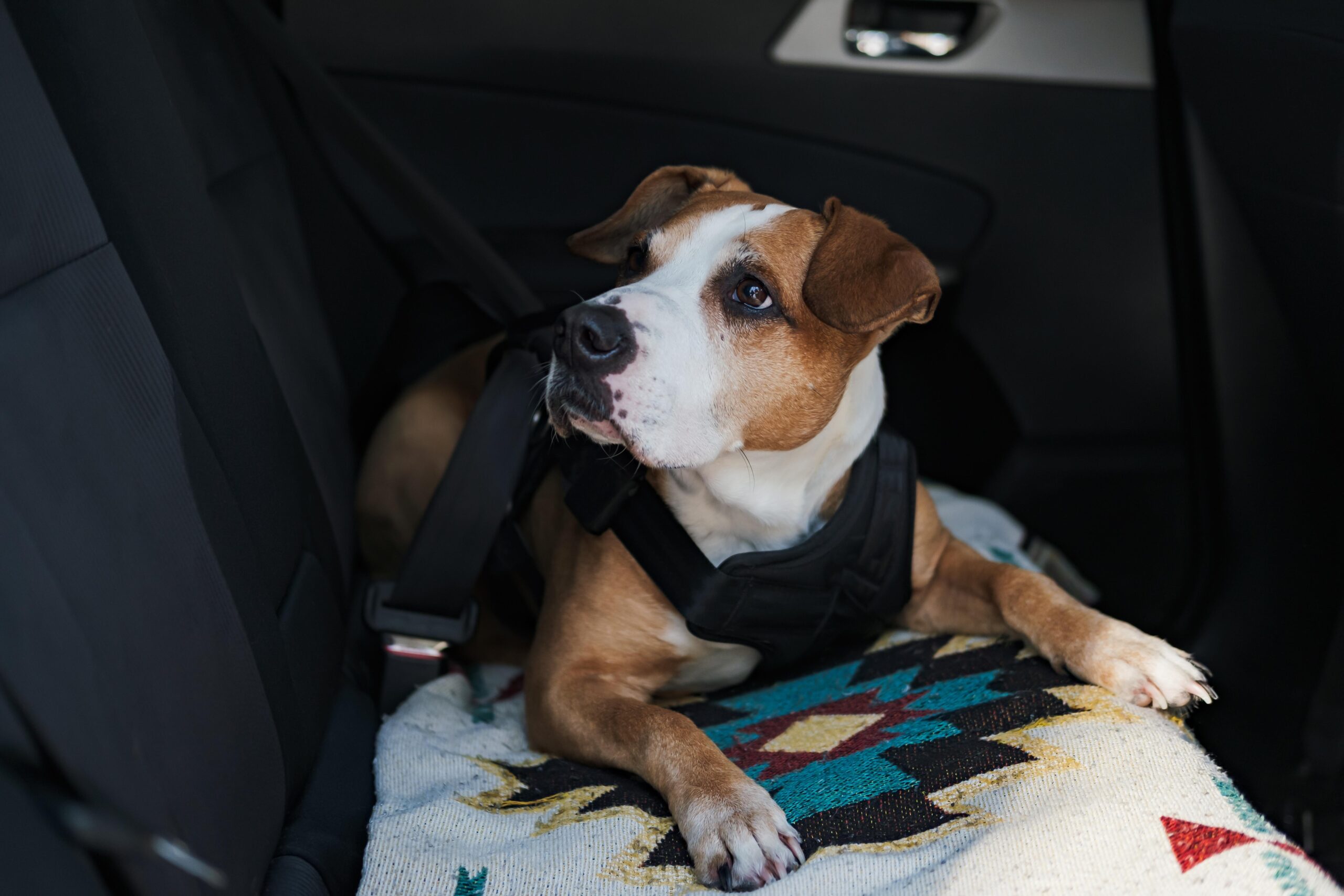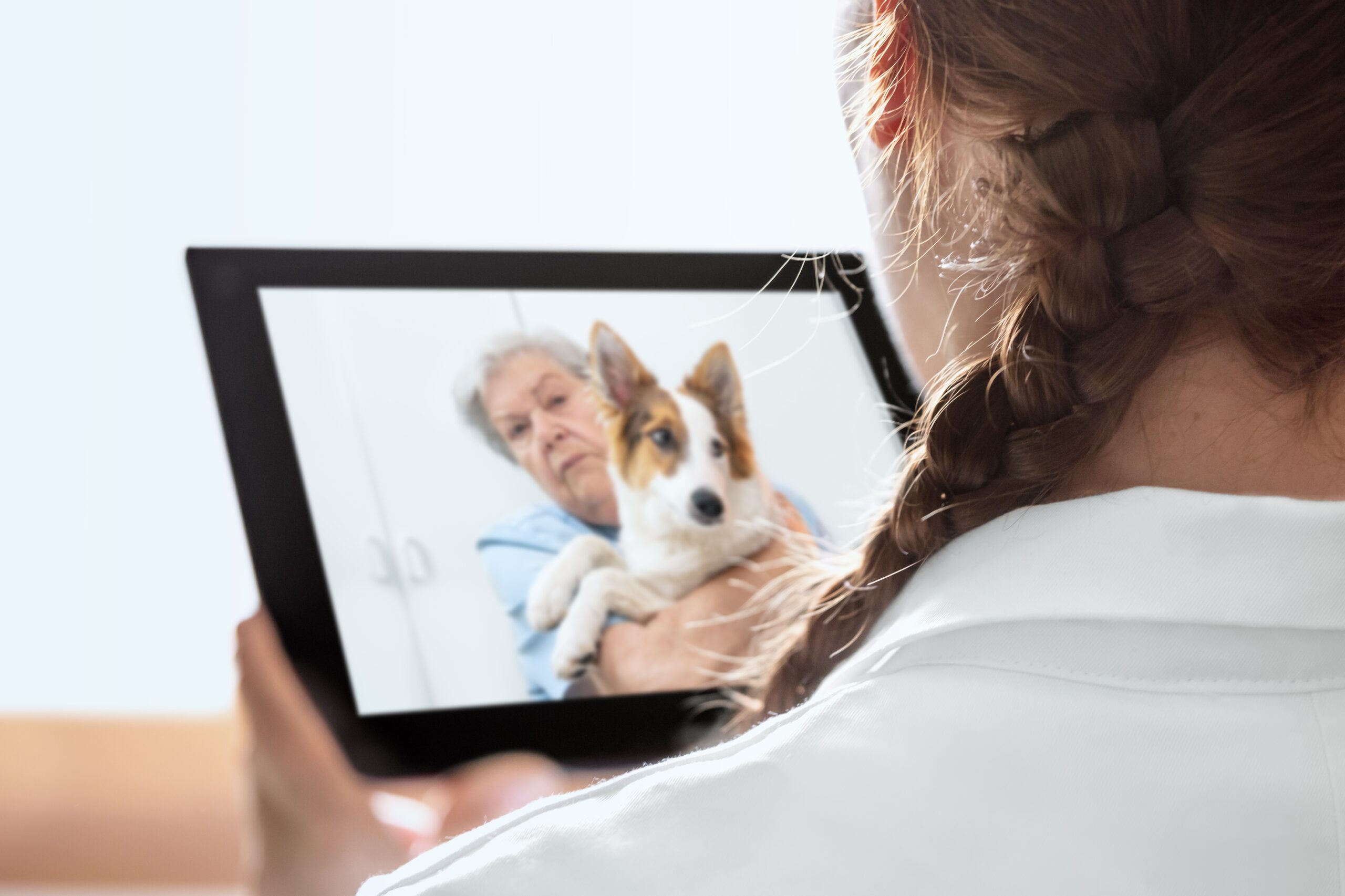Blood donation for dogs
You may not already know but your dog could be a lifesaver. Just like human blood donation your dog can also donate precious blood to help another dog in need. Blood transfusions can be used to treat medical conditions. They can also be used in surgery or after accidents. Blood donations can be vital and much needed. Blood is collected from suitable donors and either stored for later use in a regulated blood bank, or used immediately by a veterinary clinic. There are specific requirements to be a dog blood donor. Not all dogs are suitable, but it can be a valuable and rewarding thing to get involved in.
Dog blood types
Just like you, your dog will have a specific blood type, either DEA 1 negative or DEA 1 positive.
‘DEA’ stands for Dog Erythrocyte Antigen. Dog blood types are grouped according to the presence or absence of certain proteins on the surface of the blood cell (antigens). Most dogs are known as DEA 1 positive in the UK. Dogs can also be DEA 1 negative, and this is known as a universal donor. This is because this blood can be given to any dog in an emergency. Only about 30% of all dogs in the UK are DEA 1 negative, making it a sought-after blood type for donations.
Both blood types are suitable to be blood donors. If your dog is DEA 1 negative then they may be asked to donate more regularly. Blood transfusions are often needed in emergencies where there has been a large loss of blood from trauma or surgery. They can also be used to treat anaemia in medical cases or in cases of clotting disorders.
Can my dog be a blood donor?
If you are considering putting your dog forward for blood donation there are certain criteria your dog will have to have meet and some things, you will have to bear in mind.
Your dog’s welfare is always paramount so to be considered as a blood donor. They must be in good health themselves and not on any regular medications. Donor dogs can never have had a blood transfusion themselves, and they usually must be between 1 and 8 years of age. They must have a body weight of 25kg or above. Blood donors must be friendly and relaxed and have a settled temperament as they will be being handled throughout. They need to be vaccinated, and usually they are required to have not travelled outside of the UK or Ireland to reduce risks of any diseases.
Your dog’s donation may be done as part of a blood bank session or at your local vets. Both processes are largely the same.
The blood donation process
Before any donation, your dog will be given a thorough health check by the veterinary team. They will talk to you about any changes in their medical history or habits that may mean its unsafe for them to donate. They will then have a few patches of hair clipped usually on their neck, followed by a cleaning of the area. This is for the donation and a quick blood test.
You may be allowed to stay with your dog during the donation. You may prefer to leave. Either way your dog will be given lots of fuss, love and often treats by the vet team throughout the process.
The team will take, via a needle and blood collection bag, around 450ml of blood. This part usually takes around 10-15mins. The team collecting the blood will take time to bond with your dog. They will give lots of positive praise, rewards and treats to make the process as enjoyable as possible for them.
After the blood has been collected, just as we do, they will get a drink and a snack to reward them. They will be monitored for a short while. After this they will be discharged back to you. Once the team are happy, they are well enough to leave. You should allow plenty of time for your appointment. If your dog is on any special foods or treats then bring these with you.
How can you get involved?
If this sounds like a process, you and your dog would like to explore further then you can start the journey by speaking to your veterinarian. They will be able to help you clarify if your dog meets all the criteria. They may even have their own blood donor list.
Some vet clinics keep a list of potential blood donors they can call on in emergencies. You may be able get involved there. If they do not have anything like this in your practice, then you can still get involved via the Pet Blood Bank UK. They run donation sessions across the UK. You can register your pet with the Blood bank or join one of their donation sessions.
Blood donation can be a rewarding and bonding exercise for you and your dog. Often the blood is vital for patients, so if your dog meets the criteria speak to your vets about this important service.





